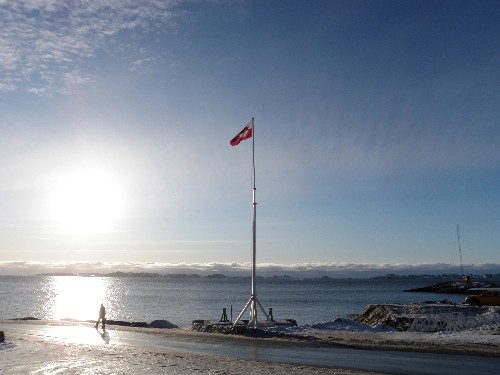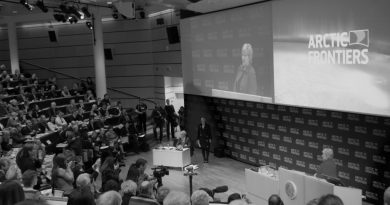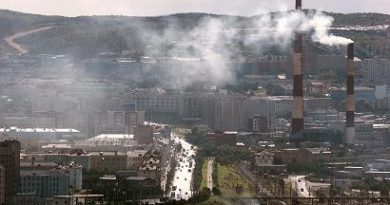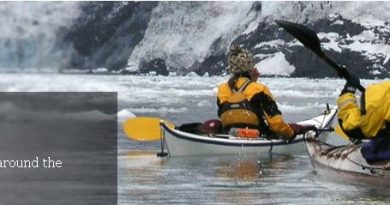Saying Good-Bye to Greenland
Weather: -4c; clear and sunny skies
Nuuk, Greenland – Well, that’s it. Today was our last day in Nuuk. Tomorrow, we go back home to Montreal.

As with all short trips, it’s hard to leave without thinking that we’ve just barely scratched the surface. For example, I still don’t think I’ll ever completely understand the rather frought relationship between Greenlanders and the Danes. But it was still a fascinating trip filled with interesting people. We’re going home with lots of food for thought.
And while I’ve talked a lot about the differences between Nunavut and Greenland, when it comes to climate change we’ve heard almost exactly the same things.
And for me personally, that may be one of the big surprises and big learning experiences of this trip.
Before we came up North to do our series, I think I was expecting to hear anger and worry from people in the Arctic. Maybe even a sense of panic. But despite the nearly two dozen interviews I’ve done on these trips, not one interviewee had expressed any of those sentiments. Concern, yes. Acknowledgement, yes. Recognition that things were going to change, of course.
But panic? Not by a long shot.
And no matter whether I was talking to a 70-year-old hunter or 17-year-old high school student, all said the same thing: the elders had predicted this current cycle or temperature and weather changes for over a hundred years. The Inuit had lived through temperature and weather changes before and they’d find I way to do it again.
They also didn’t talk about “fighting” climate change like we do in the south. Instead, they talked about “living with” and “adapting” to it.
And come to think of it, there may be a lesson for all of us in that, no matter where we’re living on this planet.



